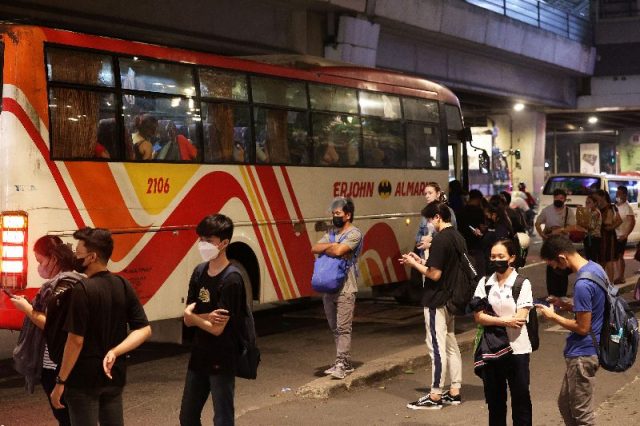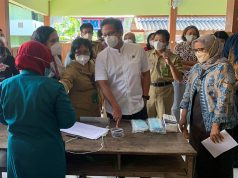
Most employees in the Philippines still feel “good” about their mental health, better than those in two other countries in Southeast Asia, according to recent data.
Mileau Insight, a Southeast Asian consumer research company, and Intellect, a mental health company, released the findings of this study titled “Hustle Culture” on September 13.
In the study, the Philippines has the most number of employees who find their mental health on a positive note with at least 78% of them rating it to be “good”, “very good” or “excellent.
This data is higher compared to only 68% of Indonesians and 57% of Singaporeans who rated their mental health this way.
Engagement: In the study, most Filipino employees (56%) spend or engage more with their work as compared to their counterparts in Indonesia (52%) and Singapore (42%).
Job satisfaction: They are also relatively satisfied with their jobs with only 17% of them who are dissatisfied. This data is followed by Indonesians with only 15% of dissatisfaction.
Singaporeans seemed to be the most dissatisfied at 26% despite them spending less time at work.
Quality of life: While this may seem good, Indonesia (37%) and the Philippines (36%) have reported having poor quality of life.
Half of the Singaporean employees (52%) thought of their quality of life as poor.
Sleep quality: In line with this, Filipino employees (16%) also admitted to having poor sleep quality.
This was indicated by a score of 4 or below on a scale of 0 to 10.
They are joined by 30% of Singaporeans and 19% of Indonesian employees who also have less than sufficient sleep.
Mileau Insight and Intellect surveyed 3,000 employees who work at least 35 hours across the three countries.
This survey was conducted in July 2022.
Stressors
Numerous factors were also cited as among the reasons behind burnout and fatigue in the workforce.
These include the following:
- COVID-19 pandemic
- financial and geopolitical uncertainties
- potential global recession
Two prevailing practices, however, were found to have taken a toll on Southeast Asia’s employees.
These are the following:
- Glamorization of productivity
- ‘Rise and grind’ mentality
Such a problem is mostly seen among the youth in the working youth in the region.
Comparing oneself to others
Across three countries, the “fear of not being able to do as well as my peers” tend to motivate 16-24-year-olds in the workforce.
This is indicated by 30% in Singapore, 20% in the Philippines and 11% in Indonesia of the total number of individuals surveyed.
Burnout
Moreover, 50% of employees across the region have also reported feeling burnt out from work at least a few times a month. Forty-one percent have reported that they cannot stop thinking about work either “often” or “always.”
Motivations
The study also listed the top reasons why employees push themselves hard in their jobs.
These are the following:
- Desire to build a better life for themselves and their loved ones (58%)
- Desire to achieve a sense of accomplishment (53%)
- Earn more income (50%)
Why companies should invest in mental health
Theodoric Chew, co-founder and CEO of Intellect, said that this data showed the importance of companies investing in the mental health of their employees.
“While companies may be hesitant to invest in more robust wellbeing initiatives such as coaching or counseling, it is a necessary step in building workforce mental resilience, in line with the Singapore government’s goal to improve employment support for those with mental health conditions,” Chew said in a statement.









